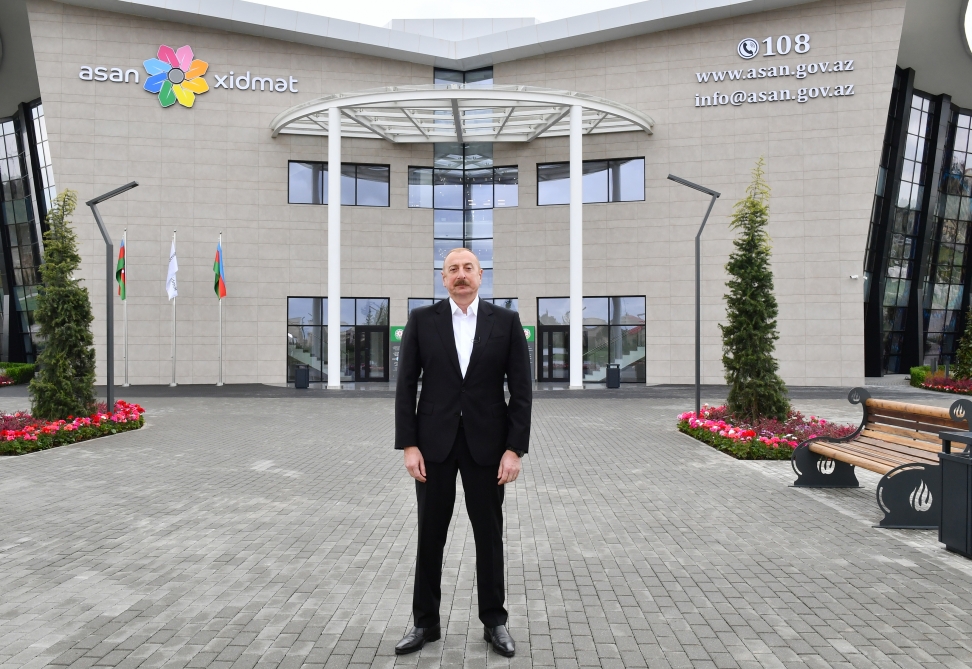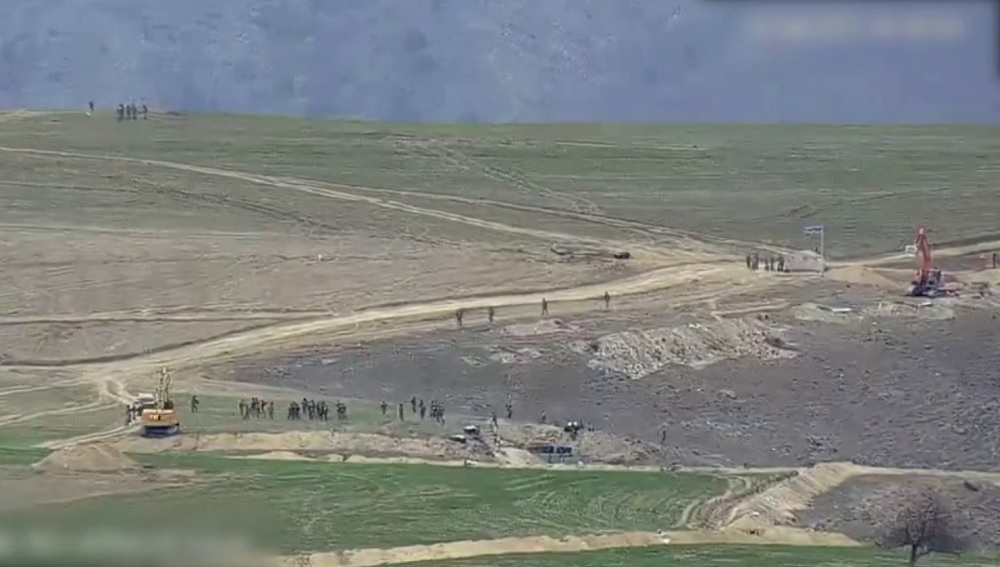“It is necessary to change the realities “on the ground”. View from Baku
CSSC experts on the negotiation process
The negotiation process between Azerbaijan and Armenia is expected to continue at different levels with a view to signing a peace treaty, but both parties have conditions unacceptable to the other. According to experts of the South Caucasus Research Center, in order to achieve results at the negotiating table, Baku needs to change the realities “on the ground”, namely to establish a checkpoint on the Lachin road.
- Story of an actor at ƏSA Theater
- How children with achondroplasia, a rare genetic disease, live in Georgia
- Grain crisis: why Ukrainian products are shut out of the EU and what Brussels will do about it
The negotiation process has been picking up between Azerbaijan and Armenia lately, the South Caucasus Research Center (CSSC) notes.
“Moscow announces a meeting between foreign ministers, while the United States is trying to organize substantive negotiations between the leaders of these countries in Washington or in an allied state.
To this end Derek Hogan, who has worked in the American embassy in Baku for many years, Erika Olson and Luis Bono are trying to normalize relations between the parties, the latter two having made visits to the region,” CSSC analysts say.
Negotiation agenda
According to CSSC, instead of rapprochement between the positions of Armenia and Azerbaijan, the events that have taken place over the past three weeks have only increased tension:
“It is not the form of negotiations that is important to Azerbaijan, but their content. Baku focuses on the fact that it is too important for it to discuss an identical agenda on different diplomatic platforms. The agenda includes the signing of a peace treaty based on the five principles proposed by Azerbaijan, the recognition of territorial integrity, the opening of roads, the delimitation and demarcation of borders without the withdrawal of troops, the absence of the Karabakh issue in any form on the negotiating table.”
Position and interests of intermediaries
“Although the agenda remains unchanged, Russia and the West approach the normalization process from the prism of their own interests. For the United States the priority is the peace treaty itself, and for Russia, the opening of transport routes, first of all the Zangezur corridor.
In the words of US President Joseph Biden, peace is very important for Washington for reasons of achieving energy security through diversification of routes, and the leading role of Azerbaijan in achieving these goals.
In turn, Russia insists on the 9th clause of the tripartite agreement dated November 10, 2020 in order to weaken the West’s hold, increase logistics capabilities and indefinitely extend the functions of the FSB on the territory of Armenia,” the CSSC said.
Armenia’s position
Analysts note that in the process of normalizing relations with Azerbaijan, Armenia puts forward as a precondition “ensuring the rights and security of the Armenian population of Karabakh within the framework of the international mechanism”:
“In simple terms, Armenia is trying to establish a dialogue format between Baku and Khankendi under the control of mediators from Paris, Washington and Moscow.
Yerevan, realizing that it will not be able to keep the Karabakh issue on the agenda, wants to put it into practice through countries that feel the pressure of the Armenian diaspora. The Armenian authorities assume that the international format of the dialogue between Baku and Khankendi will hinder the reintegration of Karabakh into Azerbaijan, create conditions for the intervention of international forces in the internal affairs of the country.”
Necessary steps by Baku
“If the only factor preventing Armenia from signing a peace treaty is ensuring the rights and security of the Armenian population of Karabakh within the framework of the international mechanism, Baku must stop all channels of Armenia’s influence on the Armenian population of Karabakh.
The “international community” is ready for this. The current process of negotiations can be frustrated with a high degree of probability by Armenia, or by a third force. And this, in turn, will create conditions for Azerbaijan to create new geopolitical realities on the ground.”
According to the CSSC analysts, Armenia is “doing everything in its power to win time and lead the negotiation process to a dead end.”
“And mediators, under various pretexts, are trying to prevent the establishment of a checkpoint on the Lachin road. The very algorithm of the negotiation process and the principled position of Baku make the appearance of a checkpoint on the border with Armenia at the entrance to the corridor almost inevitable. For real results at the negotiating table, a change in the situation on the ground is necessary. From this point of view, the creation of a checkpoint in Lachin will help achieve positive results at meetings mediated by Russia and the West.”





















